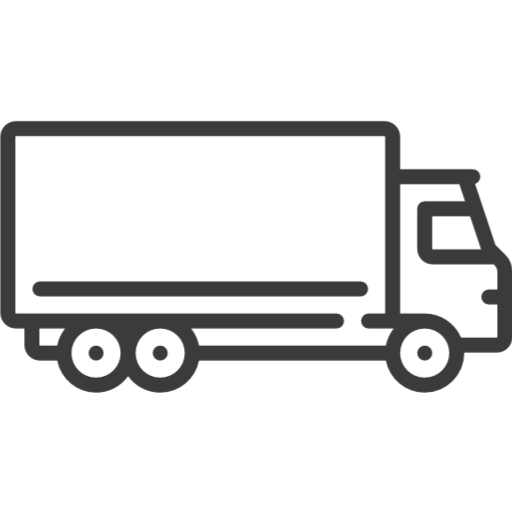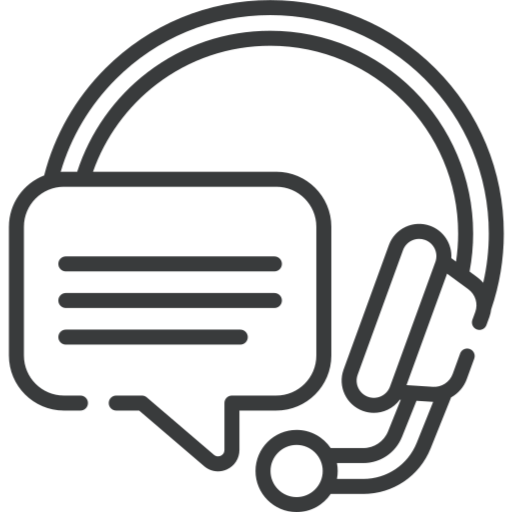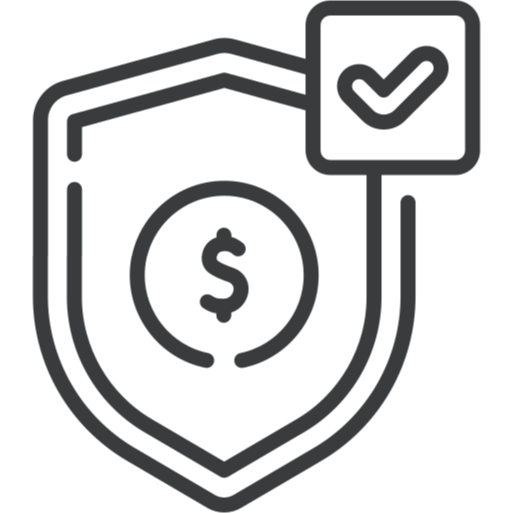You know the drill: endless emails, back-to-back meetings, and a to-do list that somehow grows while you’re asleep. By 5 p.m., your brain feels like it just ran a marathon… and yet you haven’t left your chair.
Work stress isn’t just about deadlines. It can sneak into your posture, your sleep, even the way you answer a simple “how are you?” text. And while you can’t always control your boss or the workload, you might be able to control how much of it follows you home.
The problem with the 24/7 mindset
Between Slack notifications, urgent emails, and the “just one more task” trap, it can feel like work never ends. That constant buzz keeps your body in “go mode,” which could explain why your shoulders are tense even when you’re on the couch.
Mini resets that could help
-
Micro breaks: Two minutes to stand, stretch, or just breathe by the window could do more than another coffee refill.
-
End-of-day rituals: Closing your laptop, taking a walk, or slipping on something that symbolizes “off duty” might signal to your brain that work is done.
-
Boundaries with tech: Airplane mode after hours? Radical. But your nervous system might thank you.
Rewriting the workday
What if the office didn’t own all your energy? What if work stress stayed at work instead of hitching a ride to your living room? Shifting your perspective — and giving yourself permission to pause — could turn survival mode into something a little more sustainable.
Final thought
Work isn’t going anywhere. But neither is your well-being. Balancing the two might just be the smartest promotion you’ll ever give yourself.
“I used to think stress was part of the job. Now I realize calm is part of the job, too.”
Read more

Picture this: you’re late, the sun’s in your eyes, and the car in front of you is moving slower than a snail on vacation. You can almost feel the steam rising from your ears. Sound familiar? Yeah —...

Life doesn’t always give us time for hour-long yoga sessions or weekend retreats in the mountains. But here’s the thing: you don’t always need that. Sometimes, what makes the biggest difference is ...




